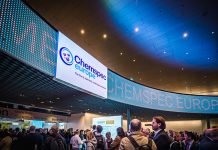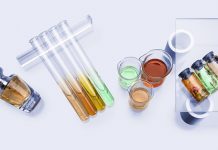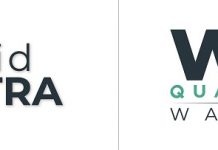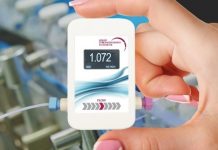When ordering special or chemical gases, the customer requires a quality product to the right specification. Since no gas is 100% pure, this usually means a specified level of purity or specific limits on impurities, probably both.
The gas, however, is only part of the picture.
Does the container design, preparation and testing really have a serious impact on quality, safety and speed of supply?
CRR represent Gerling Holz (GHC), the specialist for special gases, who has manufactured filled and supplied gases worldwide for over 100 years.
That’s long enough to know just how important containers can be.
Ensuring the container has the optimum design and is in excellent condition is the key. It’s lead GHC to continuously pursue improved drum designs and keep testing of both cylinders and higher capacity drums in house, when nearly all other suppliers have chosen to contract out drum testing.
If we look at drums, the design can be particularly significant. The drum shape has an impact. Convex ends on a pressure drum mean no internal areas to trap moisture or particulates. Concave ended drums, in regular use in the UK,
have narrowing edges that are almost impossible to clean and inevitably trap small traces of water and impurities. This has a detrimental effect on product quality and the safety of the container.
So how does moisture get in the container?
There is a simple answer. The only safe and approved method for testing pressure vessels is Hydrostatic testing, hence the cylinder or drum has to be pressurised with water at each retest, typically every 5 years.
Moisture is the last thing we or the customer want in the container, so a design with good internal access for cleaning and drying with no entrapment areas, is hugely important.
We have also introduced many flange design improvements to improve access and safety. In recent years GHC introduced new drum designs, specifically to improve performance with reactive and difficult products.
How does container testing impact on the reliability of supply?
Choosing to In house test vessels provides greater flexibility to prioritise for specific projects when a rapid turnaround is required. This ensures no unnecessary supply delays when drums require a statutory retest.
GHC specialise in demanding special gases, typically flammable, toxic or corrosive liquefied gases (not cryogenic) which can be taken in gas or liquid state. A wide range of cylinder and drum sizes are available.
GHC products include the following:
Ammonia / Boron Trichloride / Boron Trifluoride / Carbonyl dichloride / Chlorine / Various Amines
Hydrocarbons, Iso butane, Propane etc ( inc High purity grades) / Dinitrogen Tetroxide (N2O4)
Ethyl Chloride / Ethylene Oxide / Hydrogen Chloride / Hydrogen Sulphide / Methyl Chloride / Sulphur Dioxide, & Vinyl Chloride
Non gaseous Products:
Oxalyl Chloride / Antifrogen anti corrosion protective products.
CRR can also provide precision made Hornung gas control equipment.
For further information contact:
Colin Rawles
CRR Ltd
T: 01785 282402
F: 01785 281180
E: Info@crrlimited.co.uk
www.crrlimited.co.uk












